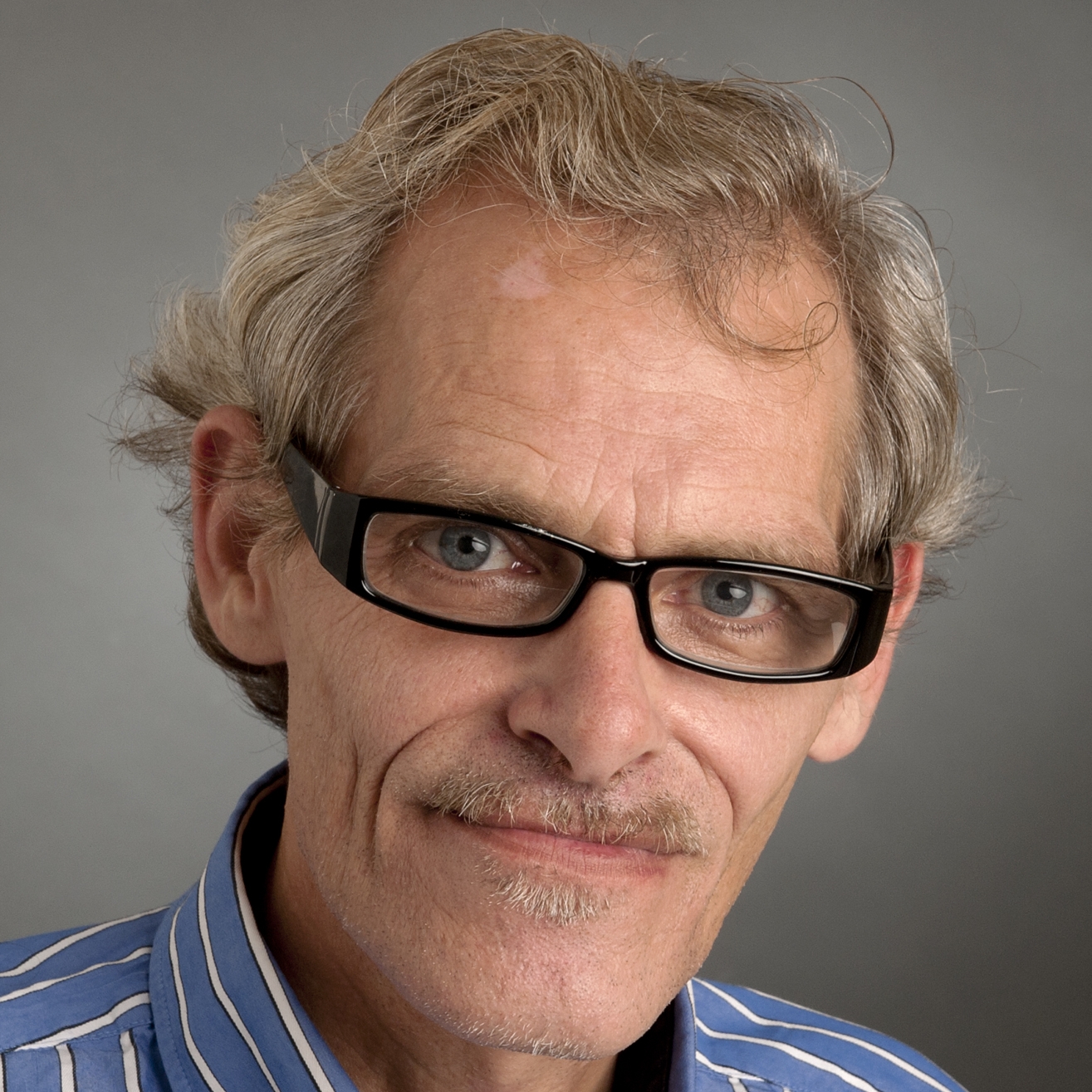
Christof Lehmann -
Dr. Christof Lehmann is the founder and editor of nsnbc. He is a psychologist and former independent political consultant on conflict, conflict resolution and a wide range of other political issues. In March 2013 he established nsnbc as a daily, independent, international on-line newspaper. He can be contacted at nsnbc international at [email protected]
Christof Lehmann (nsnbc) : Armed hostilities in the disputed Nagorno-Karabakh enclave creased after Armenia and Azerbaijan agreed on an interim-ceasefire brokered by Russia. The situation remains volatile, artillery remains primed and remain guns loaded. Involvement of third-party actors could be a determining factor – for better of for worse.
The belligerent parties involved in the conflict about the Nagorno-Karabakh enclave reached the agreement to cease hostilities at 12:00 local time on Tuesday. The frontline has since then been relatively calm but troops on all sides remain on alert and hostilities could erupt at any moment, whether it be wanted, unwanted, or as a provocation.
The Defense Ministry of Azerbaijan stated that talks about the details of the truce continue, and that operations along the line of contact between Azerbaijani and Armenian forces have been suspended as of 12:00 local time on April 5. The Ministry added that Azerbaijani military units are fortifying their positions in "liberated areas”.
The ceasefire agreement was reached on Tuesday at a meeting between the Chiefs of General Staff of Armenian and Azerbaijani Armed Forces in the Russian capital Moscow. The situation in the disputed enclave Nagorno-Karabakh deteriorated suddenly, on April 2, 2016. The clashes have been the worst since a ceasefire agreement and political protocols to solve the dispute were reached in 1994.
The conflict that lasted from 1991 – 1994 cost 30,000 lives before the parties agreed to the Madrid Agreement and the before the parties agreed to solve the conflict politically under the auspices of the Minsk Group of the Organization for Security and Cooperation in Europe (OSCE).
A Third Force and NATO Member Turkey – The Creation of Low-Intensity Conflicts from the Mediterranean to Baluchistan.
The Vice President of Russia’s Lower House of Parliament (Duma), Sergei Zheleznyak, denounced "a third force” as being is behind the armed clashes. Zheleznyak described the clashes as provocations that have already cost dozens of deaths for the benefit of external elements that don’t have the best interest of Russia or the region at heart. Zheleznyak added that these were the same warmongering people who also fuel conflict in the Middle East, central Asia and the Caucasus, people who are unhappy with the successes Moscow has achieved along with its allies in Syria in the struggle against international terrorism.
Zheleznyak stressed that those people were interested in the rapid intensification of the protracted conflict over Nagorno Karabakh while neither Armenia nor Azerbaijan need a worsening of the clashes or benefit from them. The Russian legislator added that information about this presence of a "third force” was now being analyzed and is about to be leaked. Zheleznyak suggested to pay attention to the fact that at night in the mountains you only need to have a small, well-trained group that, aware of the balance of power, stirs up reciprocal fire in "response”. He added that this is the reason why Russian President Putin and the government structures in Moscow urge Armenia and Azerbaidzhan to cease-fire as soon as possible and don’t let those forces lead them into their insidious game.
Russian Foreign Minister Sergey Lavrov, on the other hand, said on Monday that Russia is not accusing external forces, including Turkey. Lavrov added however, that Moscow notes attempts to frustrate efforts of the OSCE Minsk Group co-chairs on Nagorno-Karabakh.
What is certain is that Turkey’s Prime Minister Ahmet Davutoglu told the Turkish parliament in Ankara on Tuesday that Turkeyfully supports Azerbaijan in the conflict over the disputed Nagorno-Karabakh region. Davotoglu said:
"Let the whole world know that Turkey will be shoulder to shoulder with Azerbaijan until the end of time,” the prime minister said. "We will continue supporting Azerbaijan in all the issues, including Nagorno-Karabakh, until all its lands are liberated.”
Nagorno-Karabakh is internationally recognized as sovereign Azerbaijani territory. Turkey’s support of the breakaway Azerbaijanis in Nagorno-Karabakh and Ankara’s support of Azerbaijan in the conflict are is widely perceived as two-tiered. It is, for one, part of Turkey’s hostile policy towards Armenians as such.
A policy that most recently found its expression in Turkey’s support of Jabhat Al-Nusrah when the Al-Qaeda-affiliate conducted an ethnic cleansing operation in the Syrian – Armenian town of Kessab.
The other part of the formula may be Ankara’s participation in NATO’s long-term strategy the aims at creating a belt of low-intensity conflicts from the eastern Mediterranean along Russia’s resource-rich and volatile underbelly to China’s southern border in Pakistan’s Baluchistan province.
CH/L – nsnbc 06.04.2016





_jpg/250px-ElbeDay1945_(NARA_ww2-121).jpg)





